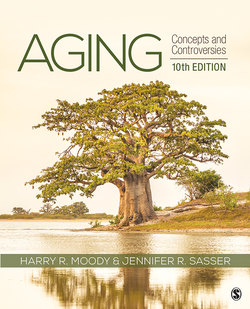Читать книгу Aging - Harry R. Moody - Страница 61
На сайте Литреса книга снята с продажи.
Reading 2: Successful Aging
ОглавлениеJohn Rowe and Robert Kahn
Satchel Paige, baseball’s legendary, indestructible African-American pitcher, was as famous for his fast answers as for his fastball. He began pitching at the age of seventeen and was for many years restricted to what was then called the Negro Baseball League. Born near the turn of the century, he was already a veteran at the pitcher’s mound when the racial barrier was relaxed. However, the decades rolled by, and he continued to pitch. As he did so, Paige became purposefully vague about his age, a subject of increasing speculation among sportswriters. When one of them put the question bluntly—”How old are you?”—Paige gave him a classic answer: “How old would you be if you didn’t know how old you was?” The question—and Paige’s answer—have as much to do with society’s definitions and expectations of aging, and successful aging, as with Paige’s own personal experience. By physical measures, at least, Paige was certainly aging successfully. But his wariness about coming clean with a hard number speaks volumes about our society’s skepticism about competence in old age. What, after all, does it mean to “age successfully”? Does America think of aging per se as a bad thing, even when good things continue to develop—or emerge for the first time—with age? What, actually, is “success”? …
